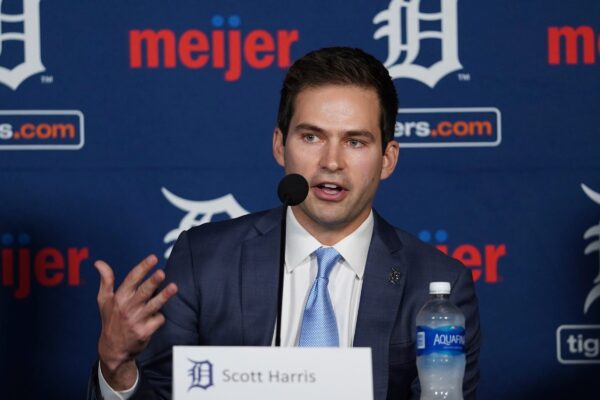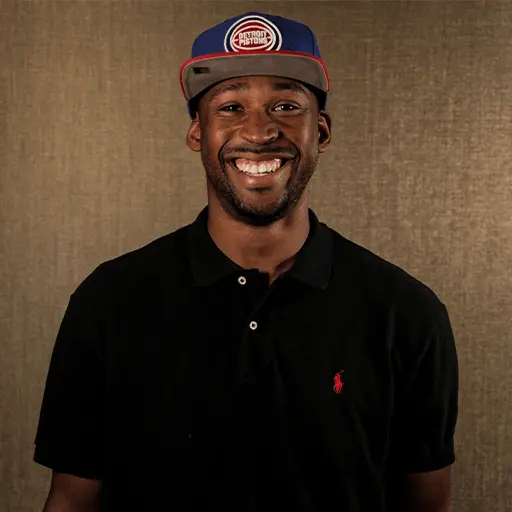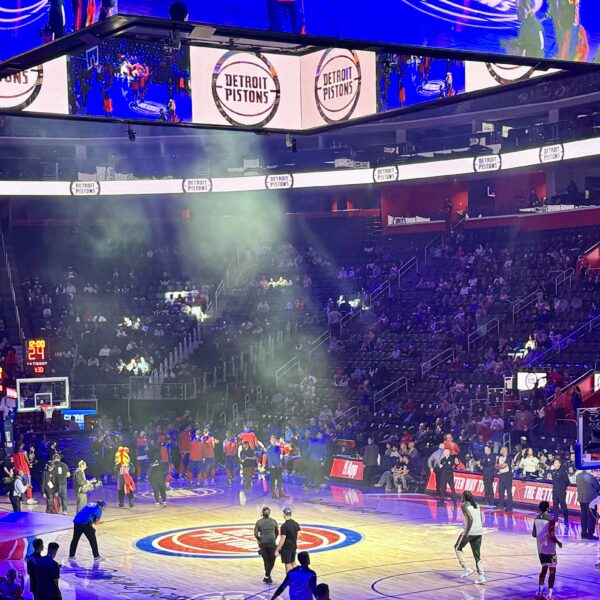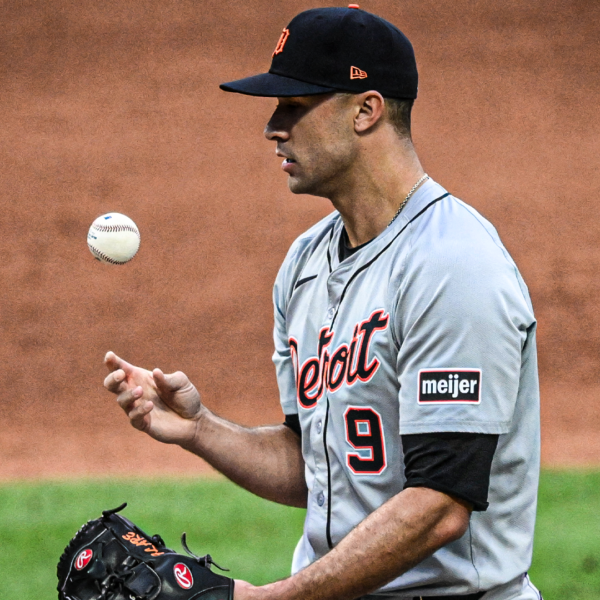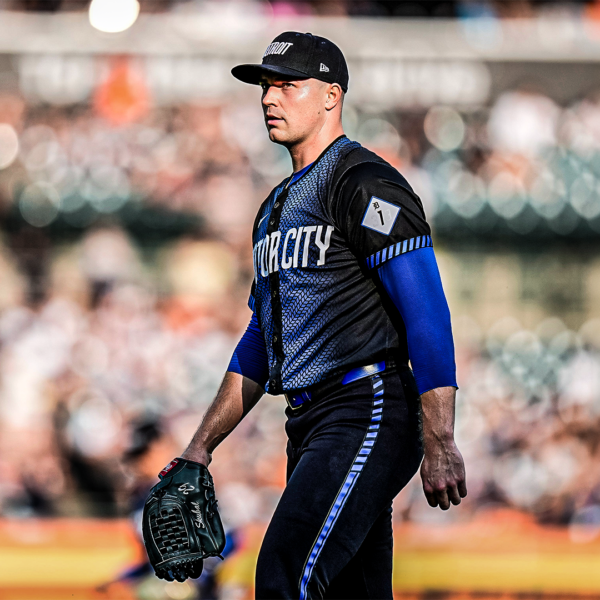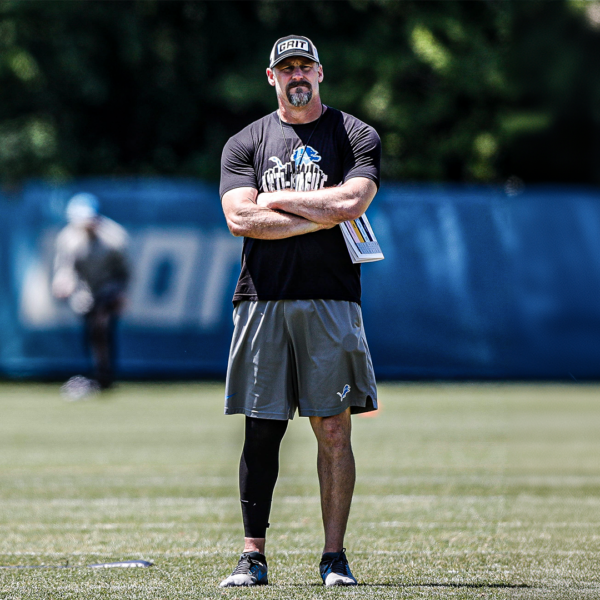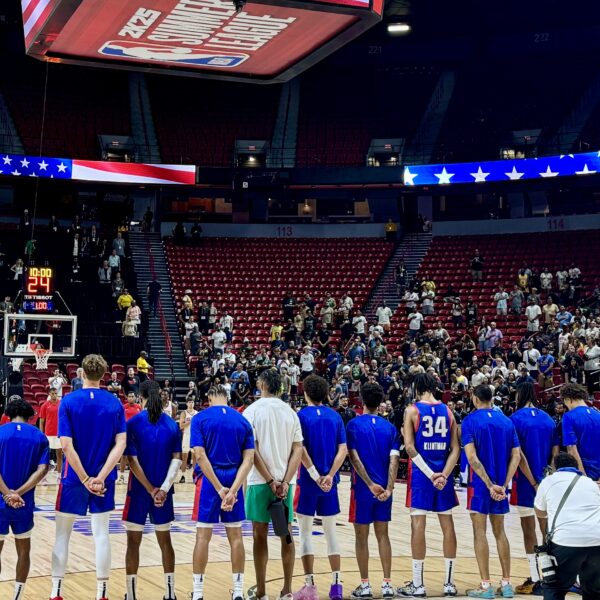Scott Harris’ history should give Detroit Tigers fans hope.
Detroit Tigers fans are left watching other teams compete in the postseason for the eighth consecutive year. But hiring Scott Harris as Detroit’s new director of baseball operations seems to have given those fans a vague sense of hope for the future.
Our goal with this piece is to give those Tigers fans a better idea of what to expect from Harris. He has already made a handful of moves, including firing hitting coach Scott Coolbaugh, but history suggests he’s only getting started.
Modern baseball front offices are collaborative in nature. Scott Harris certainly had an influential voice in San Francisco, but Farhan Zaidi had final say over moves the Giants made. So It’s a bit reductive to give Harris all the credit (or blame) for specific moves. But we’re working with what we have.
Let’s begin by looking at the overall player movement in San Francisco after Harris became their GM in late 2019:
| Type | FA | MiLB | Trade | Waiver | Other | Total |
| Giants | 22 | 66 | 25 | 24 | 13 | 150 |
| Tigers | 14 | 43 | 8 | 6 | 10 | 81 |
That’s a lot of transactions. Scott Harris and the Giants made nearly twice as many moves as Al Avila and the Tigers. More movement isn’t necessarily better, but it seemed to work for San Francisco.
The Tigers fielded below-average players far too often under Al Avila. And worse, they kept using those players long after it was clear they were bad. From 2016-2022 there were 14 different Tigers players who produced -1.0 WAR or worse in a season. That’s the fifth most in baseball.
During the same time the Giants fielded six such players. And they’ve had zero since Harris arrived. That suggests Scott Harris is quick with evaluations, and he isn’t content with mediocrity. Tigers fans can probably appreciate that.
Now let’s take a closer look at specific moves to see if we can identify any patterns.
Scott Harris Free Agents
Here are the top five free-agent signings for the Giants since 2020:
| Giants | Years | Money | WAR |
| Carlos Rodon | 2(opt) | $44m | 5.4 |
| Kevin Gausman | 1 | $18.4m | 5.1 |
| Anthony DeSclafani | 1 | $6m | 4.2 |
| Wilmer Flores | 3(opt) | $9.5m | 3.6 |
| Alex Cobb | 2 | $20m | 2.6 |
And now the top five free-agent signings for the Tigers since 2020:
| Tigers | Years | Money | WAR |
| Robbie Grossman | 2 | $10m | 3.1 |
| Javier Baez | 6(opt) | $140m | 2.6 |
| Jonathan Schoop | 1 | $4.5m | 2.0 |
| Jonathan Schoop | 1 | $6.1m | 1.3 |
| Andrew Chafin | 2(opt) | $13m | 0.3 |
The Giants have been significantly better in free agency over the past three seasons, with 31.4 WAR compared to just 7.3 WAR for Detroit. That’s eight more wins per year for San Francisco in free agent signings alone.
We don’t have room to list every deal, but a few patterns emerge from the data. First, Harris doesn’t seem inclined to hand out long-term contracts. In his time with the Giants they only gave out five multi-year deals, and none were for longer than three seasons.
The other pattern is Harris targeting undervalued pitchers. There are the four names in the chart above, but the Giants also wrangled decent production out of Jakob Junis, John Brebbia, Tyler Anderson, Jose Alvarez, and Drew Smyly.
So look for the Tigers to perhaps make some short-term signings of pitchers with upside but depressed value. Who would qualify for those kinds of deals this year? Perhaps Mike Clevinger, or Sean Manaea, or Andrew Heaney.
It’s harder to find patterns with the position players Harris signed, but two multi-year deals went to similar players. Wilmer Flores and Tommy La Stella were both veteran infielders with defensive versatility. They also had a track record of average or above-average offensive performance in relatively small samples. If Scott Harris continues that pattern, the Tigers might target players like Aledmys Diaz, Adam Frazier, or Jace Peterson.
Mike Clevinger, Multitasking.
Getting his steps in & getting the K. pic.twitter.com/uTGTl6F1Y6
— Rob Friedman (@PitchingNinja) May 11, 2022
Miscellaneous Moves
Both the Tigers and the Giants made dozens of minor-league (MiLB) free agent signings over the last three seasons. Sometimes they were deals with invitations to Spring Training attached, but usually they were just minor-league depth. The Tigers managed to get 2.7 WAR out of their minor-league signings. Wily Peralta was the best, giving Detroit 2.0 WAR in 2021.
The Giants come out on top again, with 5.2 WAR. They were led by Darin Ruf’s 3.0 WAR (more on him in a moment) and Dominic Leone’s 2.2 WAR.
Other moves here include waiver claims, purchases, and the Rule 5 draft. The Tigers made just six waiver claims, and only Brendon Davis reached the majors for them. The Giants didn’t find a ton of success with their 24 claims. But they did hit on reliever Jarlin Garcia, who has given them 2.5 WAR over the last three seasons.
Akil Baddoo gives the Tigers the edge in Rule 5 production (2.2 to 0.0), and both teams have found some luck by simply purchasing players. The Tigers bought Eric Haase (4.0 WAR) from Cleveland, while the Giants purchased Thairo Estrada (2.4 WAR) from the Yankees.
All told, Scott Harris and the Giants (10.5 WAR) slightly outperformed Al Avila and the Tigers (9.5 WAR) when it came to miscellaneous moves. Tigers fans shouldn’t expect any miracles from Harris here, and they probably shouldn’t scrutinize every single waiver claim or signing.
4⃣5⃣2⃣
The longest HR of the #postseason thus far belongs to Darin Ruf.
(MLB x @ftx_app) pic.twitter.com/g6jM3aRiTG
— MLB (@MLB) October 15, 2021
Scott Harris Trades
Al Avila’s trade track record was abysmal. We don’t need to discuss every deal, but the numbers suggest the Tigers lost roughly 80% of the trades Al Avila made as GM. Perhaps that’s why the Tigers made just eight deals over the last three seasons.
Harris and the Giants made 25 trades in the same time, but we’re going to focus on three of them. The first is actually the first trade the Giants made with Harris as GM. Here’s the rundown from Baseball Reference:
Traded a player to be named later and cash to the Los Angeles Angels. Received Will Wilson (minors) and Zack Cozart. The San Francisco Giants sent Garrett Williams (minors) (December 12, 2019) to the Los Angeles Angels to complete the trade.
The Giants took on all of Zack Cozart’s $12.2 million contract, and in return they landed the Angels’ most recent first-round draft pick. Wilson is probably a utility player at best, but eating money for a prospect return is the creative sort of move fans never saw in the Avila era.
Buying
San Francisco had the best record in baseball at the trade deadline in 2021, but they were relatively measured. The Giants traded for left-handed reliever Tony Watson, and then Scott Harris reunited with a player he knew well from his Cubs days:
Traded Alexander Canario (minors) and Caleb Kilian to the Chicago Cubs. Received Kris Bryant.
Bryant was just okay with the Giants in the regular season, but he was terrific in the playoffs. He gave the Giants a short-term upgrade, and they didn’t have to part with top prospects to land him. Kilian and Canario have improved with the Cubs, but this was a perfectly reasonable deal.
Selling
We finish with a move from this year, when the Giants were a disappointing 51-53 at the trade deadline. Harris and company traded away just about anyone they could. But there was one deal in particular worth highlighting:
Traded Darin Ruf to the New York Mets. Received Carson Seymour (minors), Nick Zwack (minors), J.D. Davis and Thomas Szapucki.
Recall from earlier that the Giants originally signed Darin Ruf as a minor-league free agent. He was outstanding for them in 2020-2021, hitting .272/.381/.519 with 21 home runs over 157 games. San Francisco signed him to a 2-year, $6.25 million deal last year, but he had a relatively disappointing season.
Still, Scott Harris and the Giants managed to trade him to the Mets for FOUR players. What’s more, they are useful players. J.D. Davis has warts, but he also owns a career 119 wRC+ in 451 games. Thomas Szapucki is a lefty pitcher with a terrific arm, but he’s never been able to stay healthy. And Carson Seymour and Nick Zwack are both considered top-30 prospects in San Francisco’s system.
Davis and Szapucki combined to give the Giants 1.4 WAR after the trade. Conversely, Al Avila managed to get -2.4 WAR combined in his trades of J.D. Martinez, Justin Verlander, Justin Upton, and Ian Kinsler.
The Detroit Tigers have a long way to go before they’re good again. But fans are right to be hopeful about the team’s future under Scott Harris.

